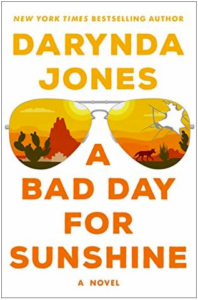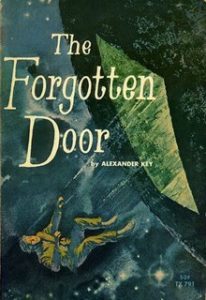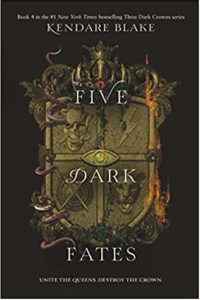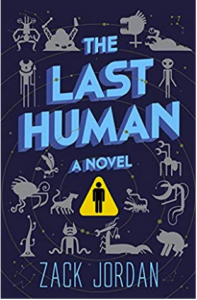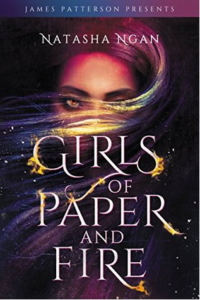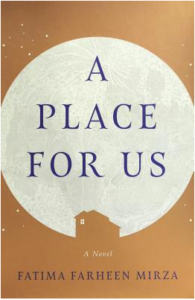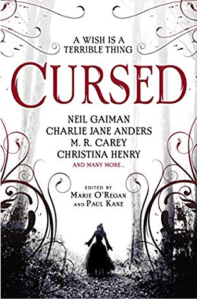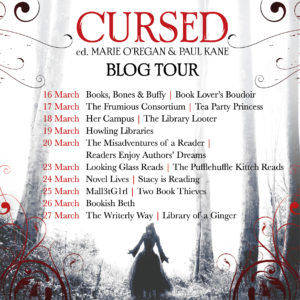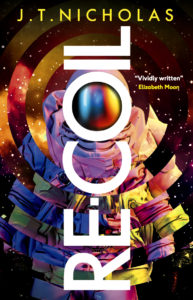Y’all, I’m not the outdoorsy type due to a huge respect for how insignificant we as individual human beings are in the great face of Nature, so when I read that this book was about a team of adventure racers illegally trespassing on a nature reserve essentially for kicks, I knew this would not end well for them, no matter how “leave no trace” they were planning to be. Nature does not care about intentions. Nature will kill a person in a million different ways and I’m saying that from real-life experience, not simply because Eden is a eco-horror novel where one can generally expect a fairly high body count.
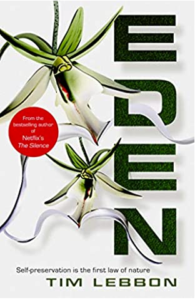 Eden, in this book, is also the name of the oldest of the nature preserves formed with the forced evacuation of all human residents, to give the planet a fighting chance at restoring its green lungs and, thus, continuing to provide a livable environment for the majority of humanity. Set in a distant-ish future of at least half a century from now, the thirteen nature preserves the world over are zealously guarded by the Zeds, as they’re called, a paramilitary unit officially named the Zone Defense Forces. Of course, that’s exactly the kind of challenge that thrill seekers like Jenn and her team, including her dad Dylan and boyfriend Aaron, live for. They’ve traversed many of the Virgin Zones and other treacherous territories together, as have dozens of other underground crews, but Eden remains the prize. No adventure racing team has managed to enter and exit Eden and live to tell the tale.
Eden, in this book, is also the name of the oldest of the nature preserves formed with the forced evacuation of all human residents, to give the planet a fighting chance at restoring its green lungs and, thus, continuing to provide a livable environment for the majority of humanity. Set in a distant-ish future of at least half a century from now, the thirteen nature preserves the world over are zealously guarded by the Zeds, as they’re called, a paramilitary unit officially named the Zone Defense Forces. Of course, that’s exactly the kind of challenge that thrill seekers like Jenn and her team, including her dad Dylan and boyfriend Aaron, live for. They’ve traversed many of the Virgin Zones and other treacherous territories together, as have dozens of other underground crews, but Eden remains the prize. No adventure racing team has managed to enter and exit Eden and live to tell the tale.
That in itself might be enough impetus for Jenn’s team, but as the novel progresses, we discover that several of the team members have their own secret purposes for wanting to be there. Of course, Nature doesn’t care. And Nature, having been left to itself for the longest time, is about to show them that they’re not welcome on their own terms.
Perhaps bizarrely, the main takeaway I got from this novel is that Humanity not only has a responsibility to not disengage from Nature, but must also continue researching its abilities and importance, lest terrible things be allowed to fester and grow without our oversight. I hesitate to think that that was Tim Lebbon’s aim in writing this novel, but I am always biased towards the comforts of civilization, with perhaps a naive belief in the power of the human spirit to do the right thing, in the end. Eden could just as easily be read as a grim paean to the supremacy of nature over all our efforts, however well-meaning. Personally, I believe that there was some triumph of the human spirit on display, even though a partnership where Nature has the upper hand seemed perhaps more an accurate summation of events.
That’s the beauty of Eden the novel, that what’s essentially an action-adventure gone horribly awry into eco-horror is so open to moral and philosophical interpretation, with few wrong answers. Another thing I loved about this book is that, unlike too many of its ilk, it fully explains what the Monster is, or at least gives you more than enough to fill in any blanks. Our human characters are also well-realized, with Gee probably being my favorite. Eden would make for a really terrific movie, one that my squeamish, domestic-loving self would probably never be able to watch. I definitely look forward to reading more of Mr Lebbon’s work tho.
We at TFC have been given the opportunity to interview him, so look out for that on April 16th! In the meantime, check out some of the other stops on Titan Books’ Eden blog tour with the handy infographic above!

